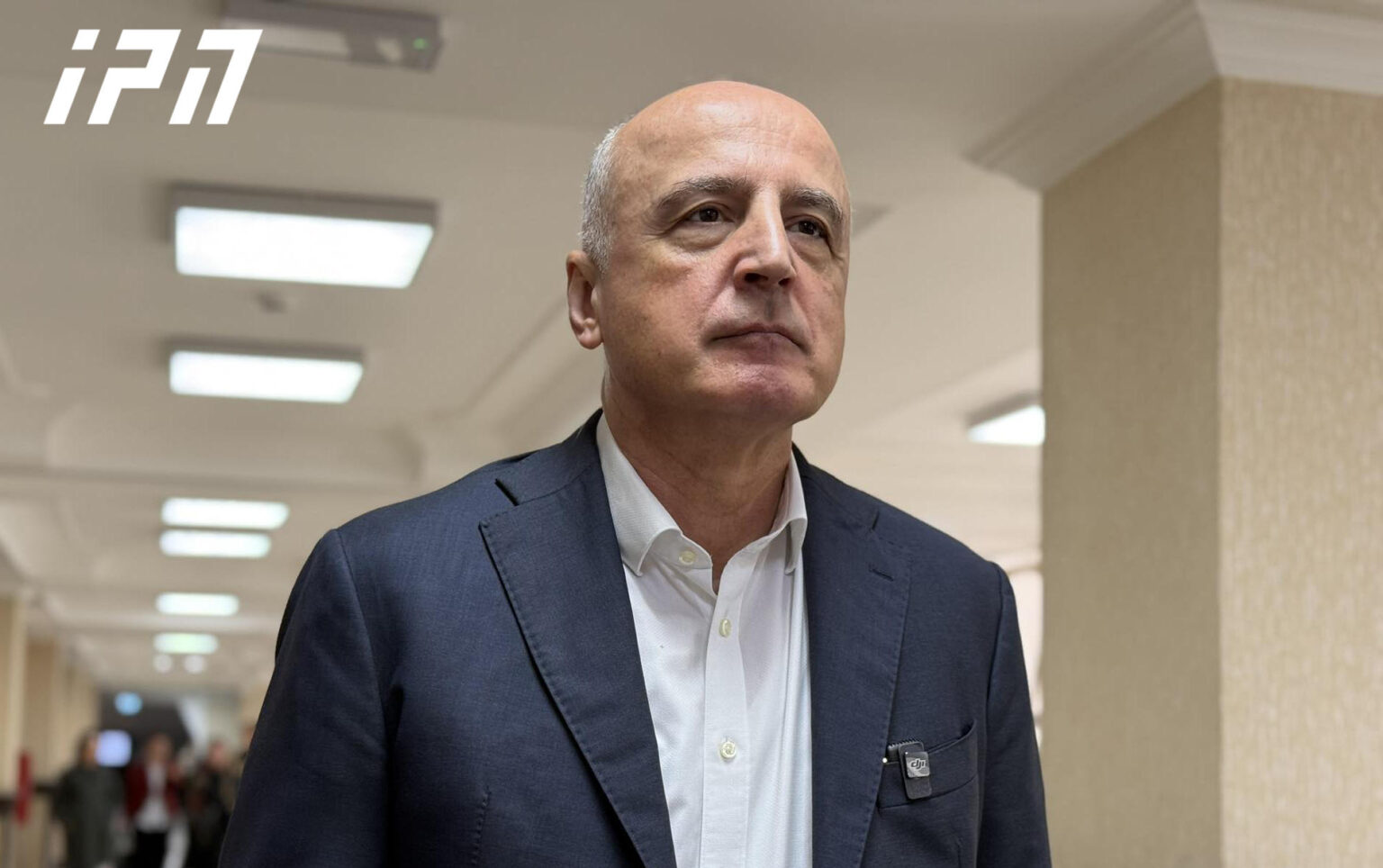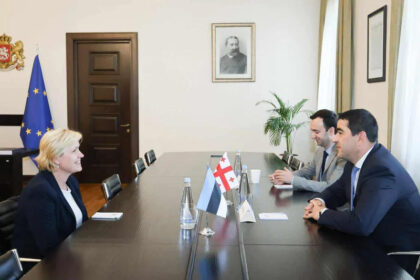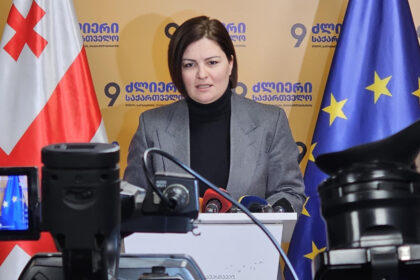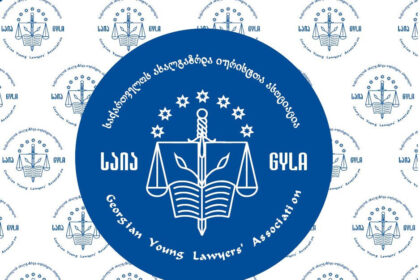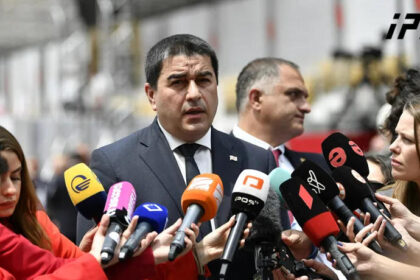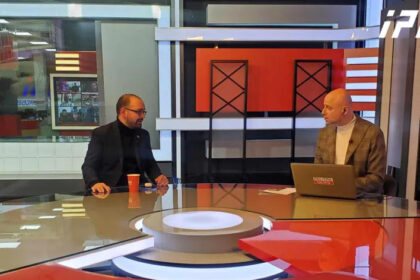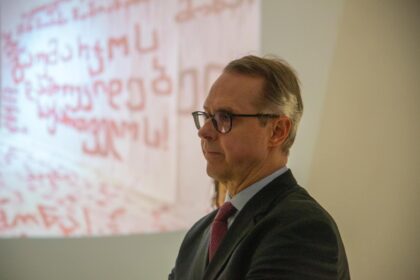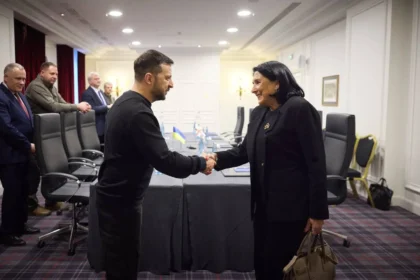**Protest Leaders Claim Rule of Law is Being Trampled**
In a recent court session, the prosecutor’s office and the judiciary have been accused of violating the rule of law by refusing to interrogate witnesses who demanded criminal liability for a prominent politician. Badri Japaridze, one of the leaders of Lelo – Strong Georgia, made these claims in a statement after the court session.
According to Japaridze, the temporary investigative commission created in parliament not only violates the Constitution but is also being used for political revenge. The commission’s formation was criticized for lacking representation from opposition parties, with at least 50% of its members required by law to be from opposition parties. Japaridze argued that this requirement has been disregarded, allowing the commission to make decisions that benefit one party over others.
The refusal of the prosecutor’s office and the court to interrogate witnesses who demanded Japaridze’s criminal liability has further fueled accusations of a lack of impartiality in the judiciary. Japaridze believes that summoning these witnesses would have revealed more evidence of how the rule of law has been trampled, but their absence suggests a deliberate attempt to conceal this information.
“This is a clear example of how the rule of law can be trampled,” Japaridze said. “The prosecutor’s office and the judiciary are absolutely subject to political will. It does not require legal knowledge to understand that Article 42 of the Constitution defines the procedure for forming an investigative commission, where it is written clearly that at least 50% of the investigative commission must consist of members of opposition parties.”
Japaridze’s comments highlight the ongoing concerns about the use of investigative commissions for political purposes in Georgia. While the commission was created to investigate certain matters, its formation has been criticized for being influenced by political interests rather than a genuine desire to uncover the truth.
**The Broader Implications**
The accusations made by Japaridze and his supporters have significant implications for the rule of law in Georgia. The refusal to interrogate witnesses who demanded criminal liability suggests a lack of commitment to impartiality and fairness in the judiciary. This, combined with the criticized formation of the investigative commission, raises concerns about the use of power for political gain.
As Japaridze noted, the Constitution was designed to prevent exactly this kind of abuse. Article 42, which requires at least 50% of an investigative commission to be made up of opposition parties, is meant to ensure that commissions are formed in a way that promotes fairness and impartiality. By disregarding this requirement, the current commission has created a situation where decisions may be influenced by political interests rather than a genuine desire to uncover the truth.
**A Cry for Transparency**
The court session was recorded, allowing the public to see firsthand how the rule of law is being trampled. Japaridze hopes that this will raise awareness about the need for transparency and accountability in the judiciary.
“We are very pleased that this session is recorded,” Japaridze said. “The public will have the opportunity to get acquainted with the course and content of this session. This is a clear example of how the rule of law can be trampled, and we hope that it will raise awareness about the need for transparency and accountability in the judiciary.”
**A Way Forward?**
For now, the situation remains uncertain. The investigative commission’s decisions have been criticized, but its formation and actions continue to spark controversy. As the debate over the rule of law continues, one thing is clear: the public’s perception of fairness and impartiality in the judiciary has been compromised.
Read More @ www.interpressnews.ge




